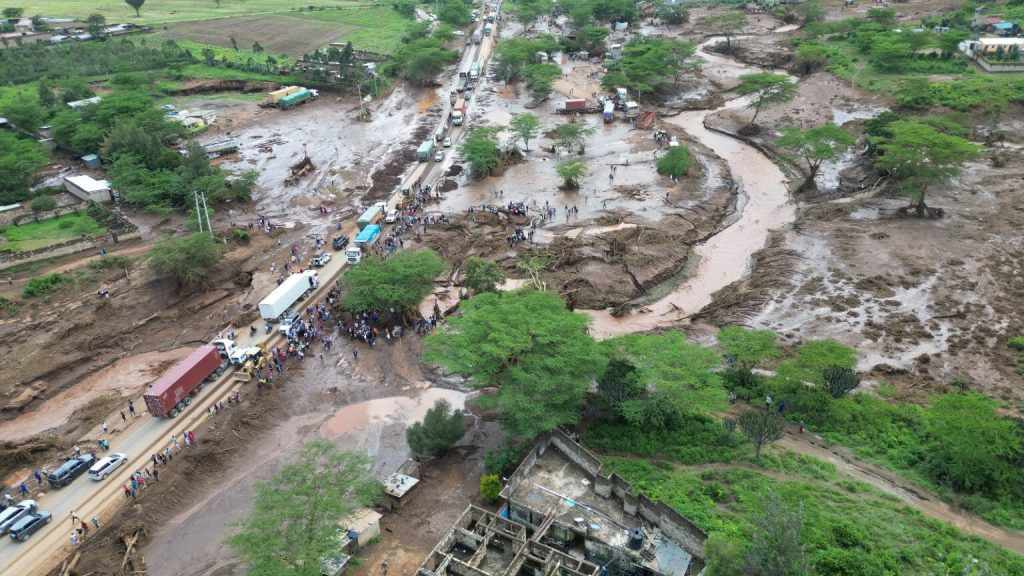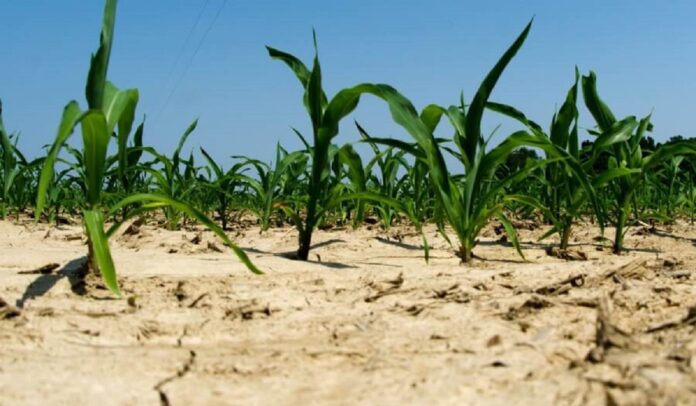Climate change is reshaping life as we know it, and Africa is on the front lines. Although the continent contributes less than 4% of global greenhouse gas emissions, it faces some of the most severe consequences. From unpredictable weather to rising sea levels, the signs are everywhere. Let’s dive into the key indicators of climate change in Africa and how they’re affecting daily life.
1. Rising Temperatures
Temperatures across Africa are climbing faster than the global average. Many areas have already seen increases of over 1°C compared to pre-industrial levels. This might not sound like much, but the impact is huge.
Hotter days mean more frequent and intense heatwaves. For people, especially those living in crowded cities, this can be dangerous. Heatstroke and other heat-related illnesses are becoming more common, and the extreme heat makes it harder to work, especially for those with outdoor jobs.
For farmers, rising temperatures are bad news. Crops like maize, wheat, and rice struggle in the heat, leading to lower yields. Livestock also suffer, with reduced milk production and higher mortality rates, highlighting the impact of climate change on health.
Read also: Rabbit Breeds (With Pictures) For Good Commercial Rabbit Production
2. Unpredictable Rainfall
Rainfall in Africa has become unpredictable. Some regions experience prolonged droughts, while others are hit with heavy rains and flooding. This unpredictability makes it tough for farmers, who rely on consistent weather to grow their crops.
In East Africa, recurrent droughts have led to failed harvests and livestock deaths, leaving millions on the brink of starvation. On the flip side, countries in West Africa, like Nigeria and Ghana, are dealing with floods that destroy homes and farmlands. The result? Families lose their livelihoods, and rebuilding takes years.

3. Melting Glaciers and Rising Sea Levels
Believe it or not, Africa has glaciers, but they’re disappearing fast, and this is one of the key climate change indicators. Found on Mount Kilimanjaro, Mount Kenya, and the Rwenzori Mountains, these glaciers could vanish within a few decades. While this might seem like a far-off problem, it has immediate consequences for communities that rely on glacial melt for water.
Talking about climate change in Africa, there’s the issue of rising sea levels. Coastal cities like Lagos, Accra, and Mombasa are at risk of flooding. Saltwater intrusion is contaminating freshwater supplies, and coastal erosion is threatening homes and infrastructure. For millions living in low-lying areas, the risks are growing every day.
4. More Extreme Weather Events
Africa is no stranger to extreme weather, but it’s getting worse. Cyclones, storms, and heavy rains are becoming more frequent and more intense. These are major impacts of climate change in Africa. Cyclone Idai in 2019, which devastated parts of Mozambique, Zimbabwe, and Malawi, is a prime example. Thousands lost their homes, and the recovery process is still ongoing.
These extreme events destroy infrastructure, displace communities, and lead to loss of life. They also have long-term economic impacts, as countries have to divert resources to rebuild instead of investing in development.
Read also: Selecting Quality Breeding Stock for Livestock Production
5. Declining Biodiversity
Africa is home to some of the world’s most unique wildlife and ecosystems, but they’re under threat. Changes in temperature and rainfall are disrupting habitats, putting many species at risk. Iconic trees like the baobab, often called the “Tree of Life,” are dying due to prolonged droughts.
Wildlife, which is crucial for tourism and local economies, is also struggling. Animals like elephants and lions are losing their habitats, which affects their survival and the livelihoods of communities that rely on eco-tourism.
How Climate Change Impacts Daily Life
The effects of climate change in Africa aren’t just environmental—they touch every aspect of life:
- Health: Rising temperatures and extreme weather events are making people sicker. Diseases like malaria and dengue are spreading to new areas, and healthcare systems are struggling to keep up.
- Food Security: With crops failing and food prices rising, many families can’t afford to put enough food on the table. Malnutrition, especially in children, is a growing concern.
- Migration and Displacement: As climate conditions worsen, people are forced to leave their homes. Cities are becoming overcrowded, and tensions over limited resources are rising.
- Economy: Natural disasters and reduced agricultural productivity are slowing economic growth. Communities that depend on farming, fishing, or tourism are hit the hardest.
Read also: Expert’s Guide to Commercial Broiler Production in Ghana
What Can Be Done about Climate Change in Africa?
While the challenges are enormous, there’s hope. Here’s what can help:
- Climate-Smart Agriculture: Techniques like crop rotation, agroforestry, and water-efficient irrigation can help farmers adapt.
- Renewable Energy: Solar and wind power can reduce reliance on fossil fuels and provide affordable energy.
- Early Warning Systems: These systems give communities time to prepare for extreme weather, saving lives and reducing damage.
- Reforestation and Conservation: Planting trees and protecting forests help absorb carbon dioxide and restore ecosystems.
Read also: Good Poultry Housing System: Characteristics And Factors To Consider
Conclusion
Climate change in Africa is a reality that must face head-on. Rising temperatures, unpredictable rainfall, melting glaciers, extreme weather, and biodiversity loss are just some of the indicators of this crisis. But by understanding these challenges and working together, Africa can build resilience and secure a sustainable future for its people.


